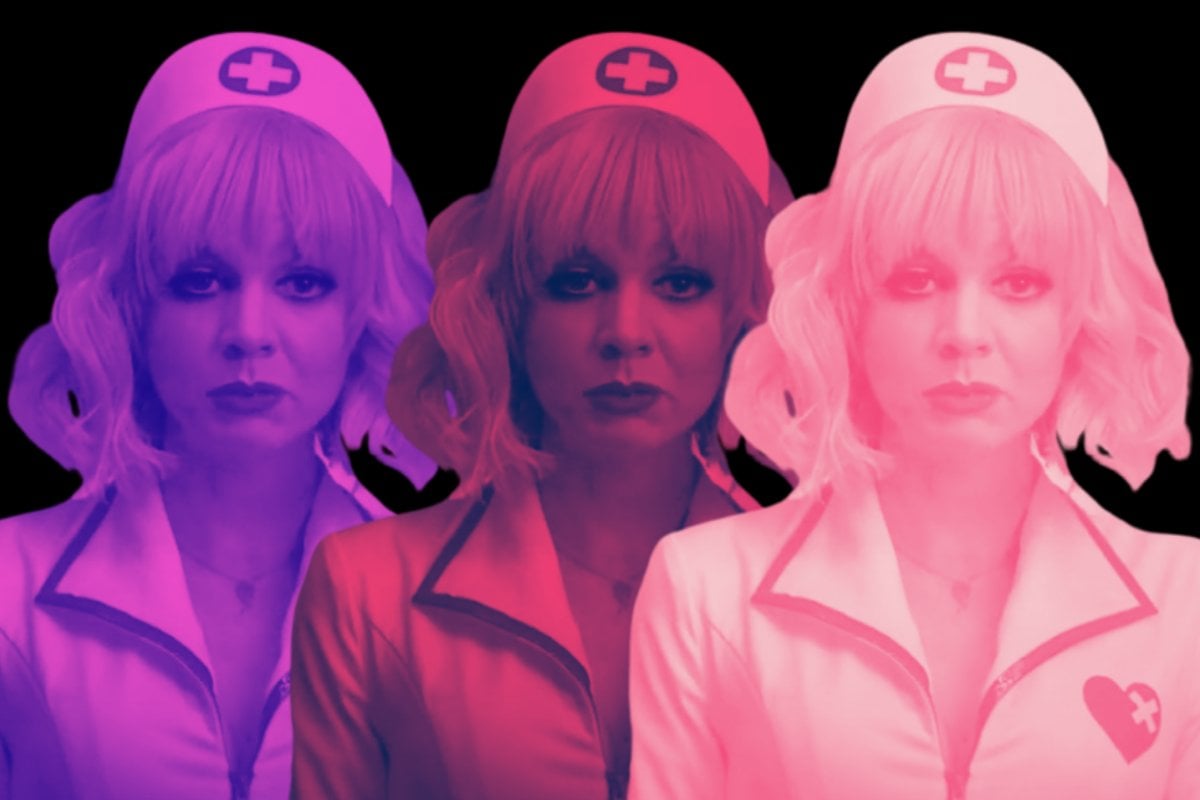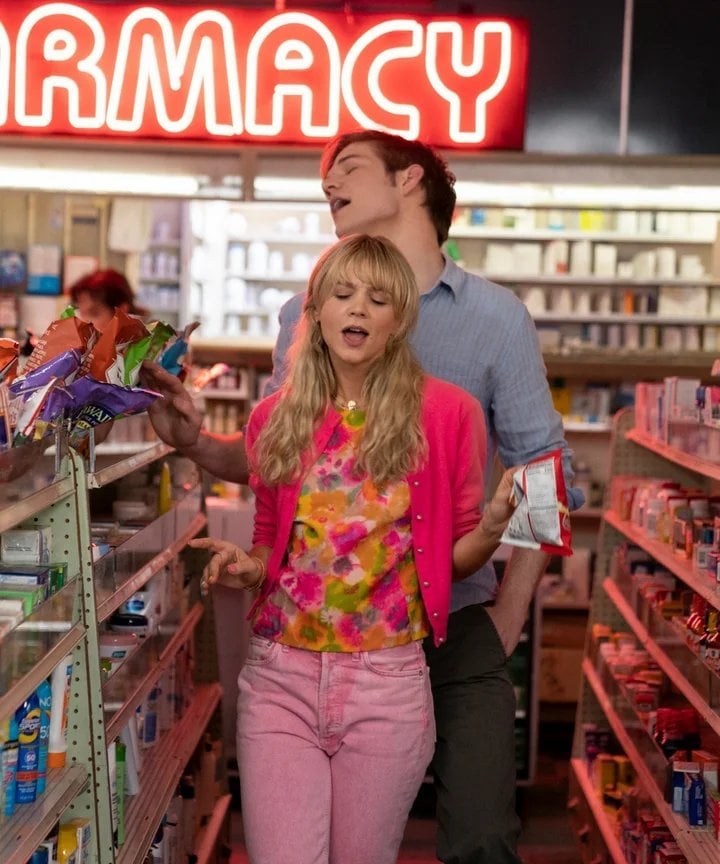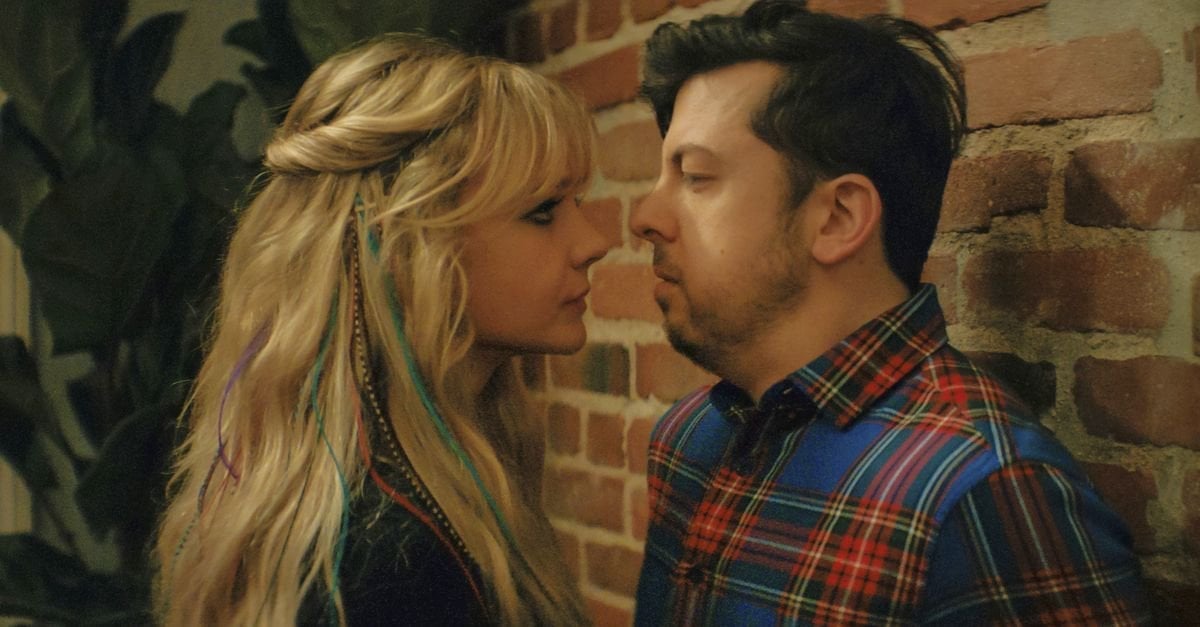
Content warning: this post deals with sexual assault and might be triggering for some readers.
Spoiler warning: This post contains MANY spoilers for Promising Young Woman. Read on at your own risk.
Promising Young Woman isn't the kind of film you see and then immediately forget.
It clings to you. It follows you out of the cinema and into the car park. It slips into your backseat and joins you for the silent trip home. When you arrive home, it slides under the front door and takes up space on your sofa. It's there when you take a shower, hoping the hot water will erase the image of that ending. When you curl up in bed at night, it wraps itself around your body and slips into your dreams.
For days, weeks, months after you watch it, Promising Young Woman will take up space in your mind and force you to think about consent and what a good person really looks like.
Watch the trailer for Promising Young Woman. Post continues below.
Watching the opening scene of the movie, which was written and directed by Killing Eve season two showrunner Emerald Fennell, immediately puts you off kilter.
It's Friday night in a bar and a young woman (Carey Mulligan) is slumped on a sofa. She appears heavily intoxicated and seems to be searching for something. The camera pans between her and a group of men who are talking about work over a few drinks. Two of the men start talking about how drunk the woman appears, how sloppy, how she's "asking for it". The third man - played by The O.C's Adam Brody appears to be disgusted by their conversation. He walks over to check that the woman is okay. After a bit of drunken banter - in which she can hardly form sentences - Brody's character offers to drop her home.

